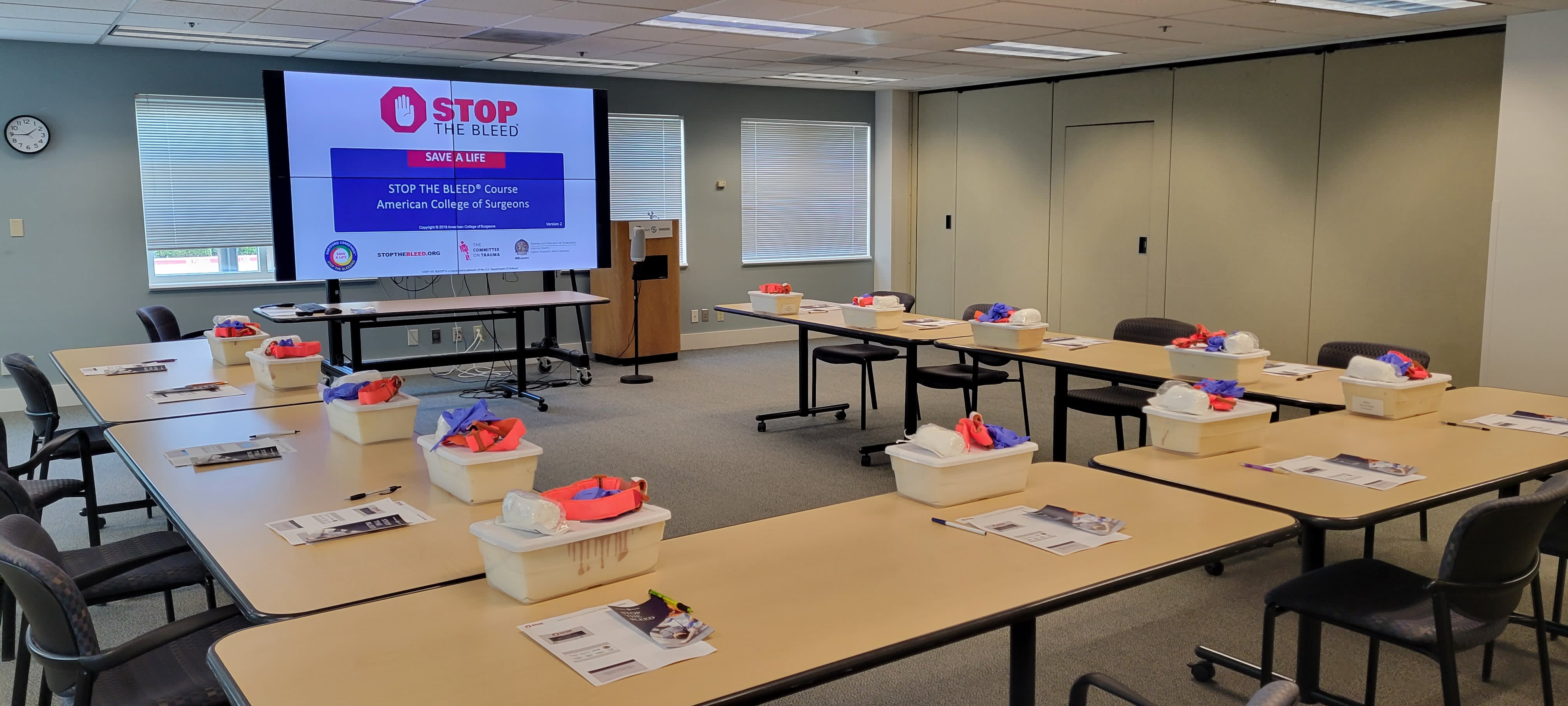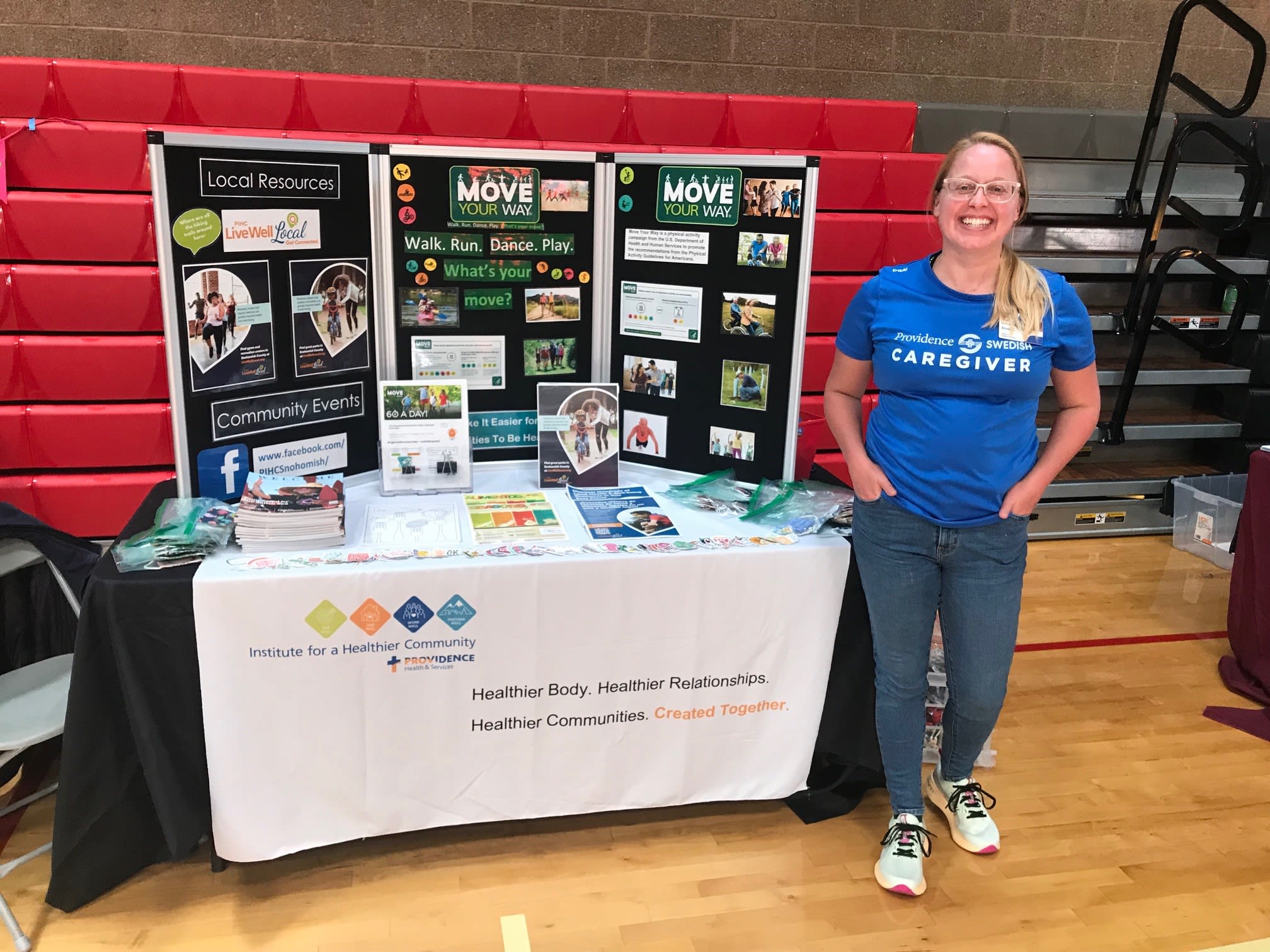Focus on POCUS: How Providence and Seed Global Health are partnering to expand the use of portable ultrasounds
Dr. Anna McDonald (Providence-Swedish) provides training on point-of-care ultrasound (POCUS) in Mangochi, Malawi.
COVID-19 has placed significant strains on health systems already overburdened by multiple health needs prior to the current global pandemic. Over 90% of countries have faced disruptions of medical service due to COVID-19, and provision of care for essential health services, including imaging, has been made even more difficult in contexts like Malawi, where health services are challenged at baseline. Since 2018, Providence Global & Domestic Engagement and Seed Global Health (Seed) have partnered with the Kamuzu University of Health Sciences (KUHeS) to fortify clinical learning and outcomes in the rural Mangochi District Hospital through the support of two physician educators on the ground and bi-directional clinical training rotations. In 2021, those physician educators, together with their Malawian colleagues, identified a new opportunity for our partnership to meet an educational and clinical need; to provide additional innovative imaging tools known as POCUS and the training to use it, to Mangochi District Hospital. These portable, point-of-care ultrasounds (POCUS) bypass the need for expensive imaging equipment and a reliable electricity supply, allowing clinicians to provide appropriate care and life-saving diagnoses more nimbly
Imaging plays a crucial role in diagnosing and treating many common health issues
One of the lesser-known challenges physicians face in under resourced areas is the lack of available imaging equipment to diagnose and facilitate treatment decision-making for a range of common health issues at the bedside more accurately and quickly. As is not uncommon in lower-resource health settings, facilities like Malawi’s Mangochi District Hospital previously had only one dedicated ultrasound machine to provide imaging for the more than 1.5 million patients living in their catchment area. The constant demand for its use only increased as the COVID-19 pandemic greatly intensified the need for clinical imaging.
While POCUS is increasingly used by clinicians living in highly resourced countries, its benefits have exponentially greater potential in lower-resourced settings where the power supply fluctuates and basic imaging such as x-rays are not always available. These images are critical to providing appropriate care since selecting a treatment regimen often hinges on the ability to make a definitive diagnosis. Point-of-care ultrasound allows the clinician to do this in real time, using devices that are battery powered and small enough to fit in a pocket, thus avoiding the need for precious storage space or a live electrical current. With access to a portable ultrasound device and training, clinicians can offer life-saving diagnoses and treatment faster and more accurately.
Providence and Seed Global Health are partnering with healthcare providers in Malawi to build capacity
Dr. Charles Hassan, a third year Family Medicine registrar (resident) is conducting a study of ultrasound utilization and reports that historically, 70 scans are done per day in Mangochi, but capacity is compromised due to only having two sonographer technicians. In the last year, approximately six scans per day are now able to be done at the bedside using these handheld devices. As both the number of devices and clinicians who can use them increase, so too will the hospital’s overall ultrasound capacity. Dr. Hassan’s work underscores the impact of utilizing POCUS and increasing the number of clinicians trained. “Most of the scans even for the hospitalized patients are POCUS,” he said, “So training the local clinicians and providing more devices can make a huge difference at Mangochi as a hospital.”
The Physician Educators supported by the Providence-Seed partnership, Dr. Anna McDonald (Providence-Swedish) and Dr. Jacob Nettleton (Healthpoint), have focused since 2015 on training and supporting a spectrum of students and practicing clinicians in POCUS in addition to the educational support they provide to over 200 clinical learners per year. In 2021, the Providence-Seed partnership provided one handheld device for clinical and educational use for Mangochi District Hospital and in 2022, a second device to further grow the POCUS training program. Countless patient diagnoses have been made to inform appropriate treatment based on ultrasound- guided clinical decision making.
The vision for the growth of POCUS in Mangochi is to steadily increase the number of; 1) devices available to Family Medicine registrars in the district for both clinical use and teaching during their training 2) clinicians at Mangochi District Hospital trained in POCUS use and 3) patients who have access to improved diagnostic testing and clinical care.
The future of POCUS in Malawi
While it is a long road ahead to scale training on POCUS, the initial pavement has been laid through collaboration and partnership. Together, Providence, the Mangochi District Hospital, the Kamuzu University of Health Sciences, and Seed Global Health were able to introduce a creative and effective response to a locally identified capacity need to help save lives, improve health and strengthen clinical skills of local providers.
Providence works to support health equity not only in US communities but in every community that we support and serve internationally. By focusing on POCUS, we fortify technology access and innovation of local Malawian clinicians to make their own system stronger, one step at a time.
Help us grow our impact
Donate to Providence’s global programs.
Visit our Global and Domestic Engagement page
To learn more about what Providence is doing to partner with communities globally and domestically, check out the Global and Domestic Engagement page.
About Providence's partner, Seed Global Health
Providence has partnered with Seed Global Health in Malawi since 2018. Seed envisions a world in which every country is strengthened by a robust health workforce that can meet the health needs of its population. We partner to train nurses, midwives, and physicians, building health teams that can provide high-quality care and save lives. We do this by strengthening clinical care delivery, improving health workforce education, and supporting policies that enable health professionals to succeed. Seed is dedicated to creating lasting change in the health systems of our partner countries: Malawi, Sierra Leone, Uganda, and Zambia. To ensure that these changes are durable, we form deep local partnerships that inform our work at both the individual and systems levels. Together, we are creating a multi-generational impact to not only treat today’s problems, but solve for tomorrow’s.



